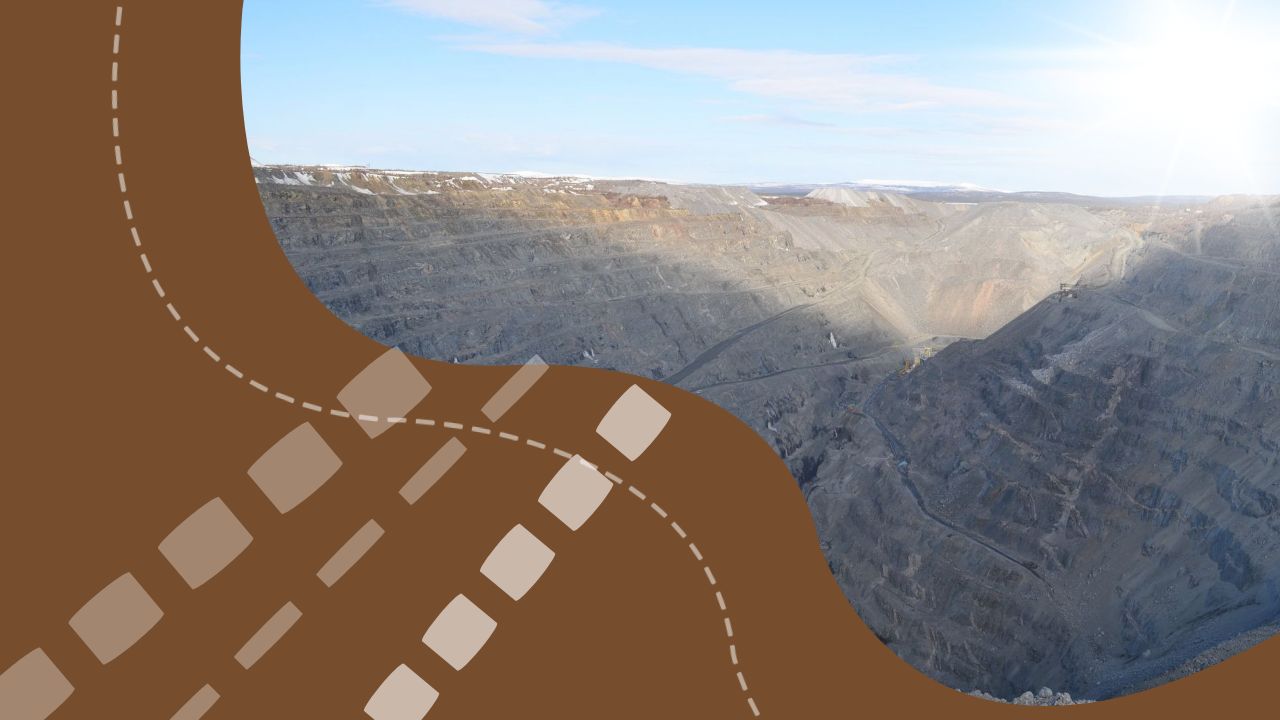Protests erupted in Serbia following a ruling by the constitutional court that overturned a 2022 government decision to revoke Rio Tinto’s permit for a $2.4 billion lithium mine, deeming the annulment unconstitutional and unlawful. This decision aligns with the government’s preparation to grant Rio Tinto new approval to develop Europe’s largest lithium mine, a project previously halted due to extensive environmental protests.
The court found that the government decree terminating the spatial plan for Rio Tinto’s Jadar lithium mine and processing plant in Loznica was inconsistent with the constitution and the law. This ruling, issued on July 11, permits Rio Tinto to continue with its controversial project pending government approval. Rio Tinto has welcomed the decision, expressing optimism about advancing the Jadar lithium project, which is expected to become a significant source of lithium carbonate—vital for batteries used in mobile phones and electric vehicles.
Serbia’s finance minister, Sinisa Mali, highlighted lithium’s potential economic impact, suggesting it could contribute up to 16% of the GDP and create approximately 20,000 jobs, comparing it to the significance of oil. However, opposition figure Dragan Djilas criticized this comparison, pointing out that countries with oil typically extract it in remote areas, with the state often owning the resources, unlike the situation with Rio Tinto.
The court’s decision has led to widespread discontent, with over a thousand protestors gathering outside the court on July 11, blocking a major street in central Belgrade despite extreme heat. Savo Manojlovic from Kreni-promeni, a key figure in the 2021 and 2022 protests, accused the court of timing its decision to align with authorities’ renewed support for the project. Serbia’s President Aleksandar Vucic denied any coordination or political interference with the court.
Earlier this year, opponents submitted a petition with over 38,000 signatures seeking a nationwide ban on lithium and boron mining, but the National Assembly of Serbia did not address it. The government has indicated its intention to proceed with the project, risking further protests and potential political instability reminiscent of the mass protests in 2021.
Kreni-promeni, which recently gained seats in municipal parliaments, continues to advocate against the Jadar project. Svetlana Ceca Bojkovic, an actress and activist, expressed her dissatisfaction, stating that the court’s decision was expected but emphasized the ongoing fight against the project.
The Constitutional Court clarified that its ruling does not reinstate the 2020 spatial plan, leaving the final decision on the project’s future to the Serbian government under constitutional and legal guidelines.


